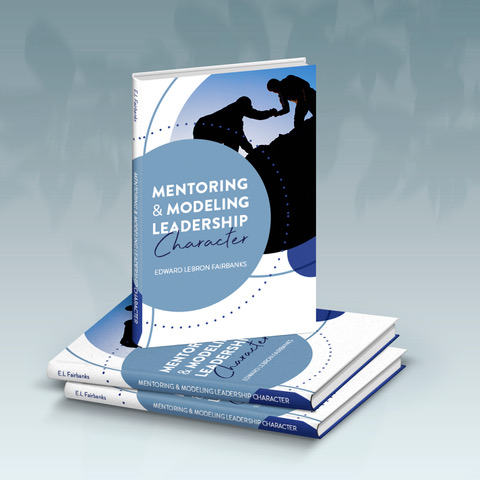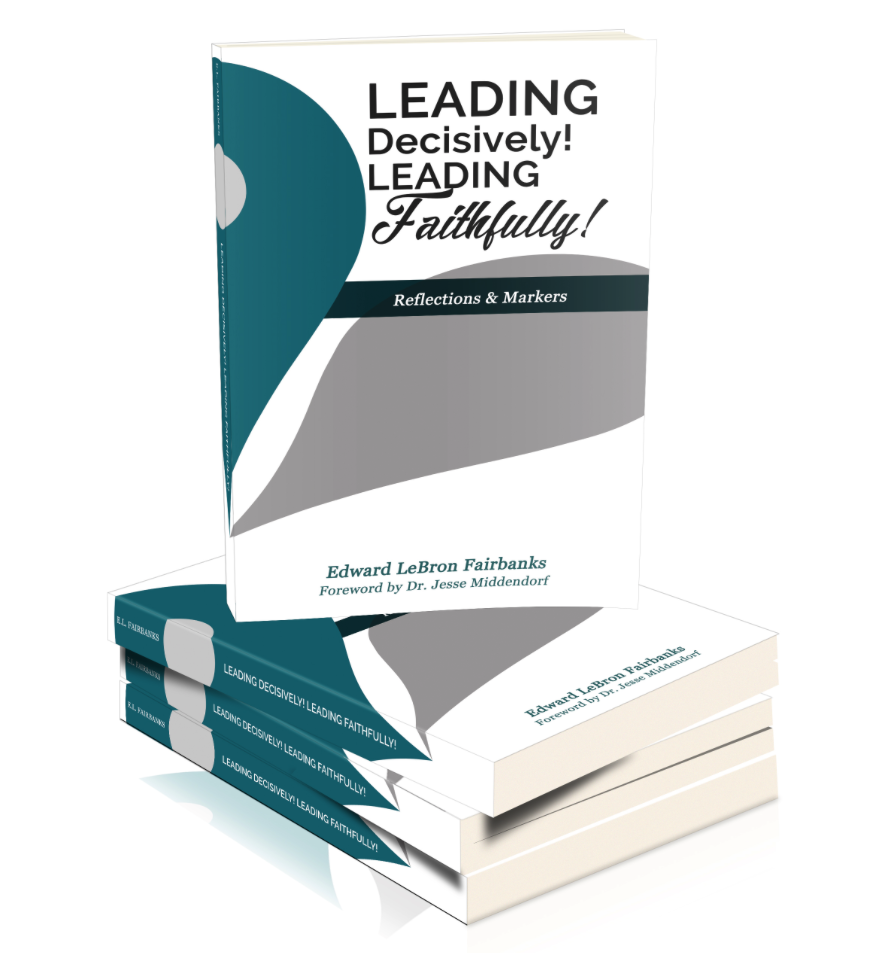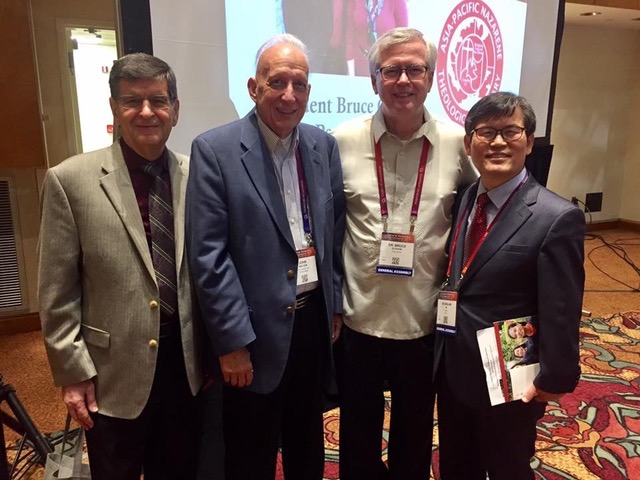Recently, as I was in the midst of an assignment associated with my work, I found myself repeating the first line of the “Prayer of St. Francis of Assisi.” Remember the prayer?
“Lord, make me an instrument of thy peace.
Where there is hatred, let me sow love.
Where there is injury, pardon.
Where there is despair, hope.
Where there is darkness, light.
Where there is sadness, joy.
O Divine Master, grant that I may not
Seek to be consoled
as to console.
To be understood
as to understand.
To be loved
as to love.
For it is in giving
that we receive.
It is in pardoning
that we are pardoned.
It is in dying
that we are born
to eternal life.”
While thinking and praying about leading and seeking to bring shalom (wholeness) to situations and people who are broken, fragmented, and sometimes hostile, I read again the following story.

“There was once an old man who meditated early every evening under a large tree on the bank of the Ganges River in India. One morning he saw a scorpion floating helplessly in the current of the river. As the scorpion was pulled closer to the tree, it was caught by the long tree roots that branched far into the river. The scorpion struggled frantically to free itself, became more entangled.
When the old man saw this, he immediately stretched himself onto the extended roots and reached out to rescue the drowning animal. The scorpion jerked wildly and stung him and the man withdrew his hand. After regaining his balance, he once again stretched to save the panicked animal. The scorpion struck again. Every time the old man came within reach, the scorpion stung him, so often that his hand became swollen and bloody and his face distorted with pain.
At that moment, a passerby saw the old man stretched out on the roots, struggling with the scorpion. He shouted, “Hey, stupid, old man, what’s wrong with you? Only a fool risks his life for the sake of an ugly, useless creature. Don’t you know that you could be killed trying to save the ungrateful animal?”
Slowly, the old man turned his head, and looking calmly in the stranger’s eyes, said, “Friend, just because it is the nature of the scorpion to sting, why should I ignore my own nature to save.”
A folklore, yes. But, it has profound insights for leaders who seek to be peacemakers.
“Blessed are the peacemakers, for they shall be called sons of God.” Matthew 5:9
“If it is possible, as far as it depends on you, live in peace with everyone.” Romans 12:18
“I appeal to you brothers…don’t let anything divide you.” I Corinthians 1:10 NIV
The Hebrew word, “shalom” points to the internal, horizontal, and vertical dimensions of peace. To have “shalom” is to be in right relationship with oneself, our neighbor and the Lord, God.
We are urged to live and lead in this peace (shalom) and bring this dimension of peace to all our relationships. The people we lead yearn to see some “peace-giving” or “shalom-giving” gong on.
Whatever happens in the relationships around us, we are challenged to walk-lead- worthy of our calling. Respond to others in a prayerful, pro-active, distinctively Christian manner, not in like kind that matches the often non-Christian responses to you from those who differ with you as you seek to lead within your faith community.
“Lord, make me an instrument of your shalom.”

LeBron Fairbanks
September 21, 2010





